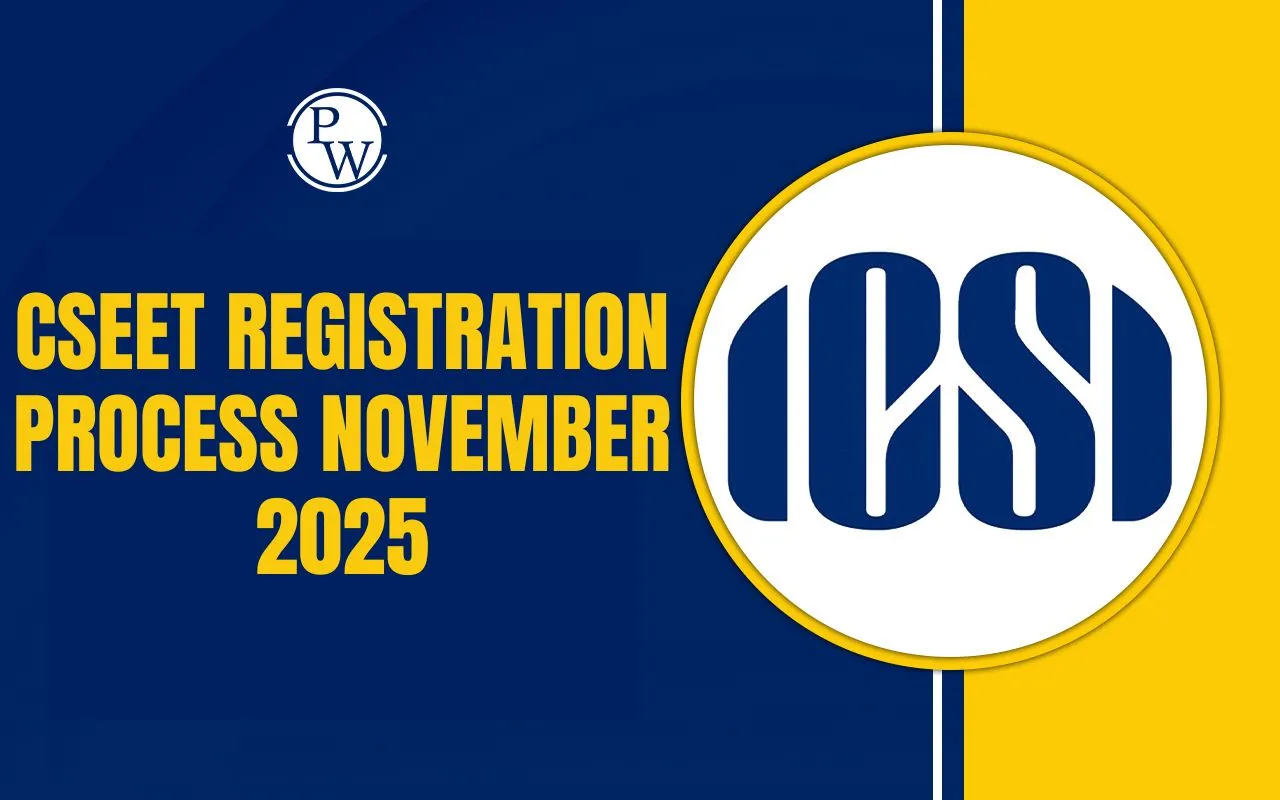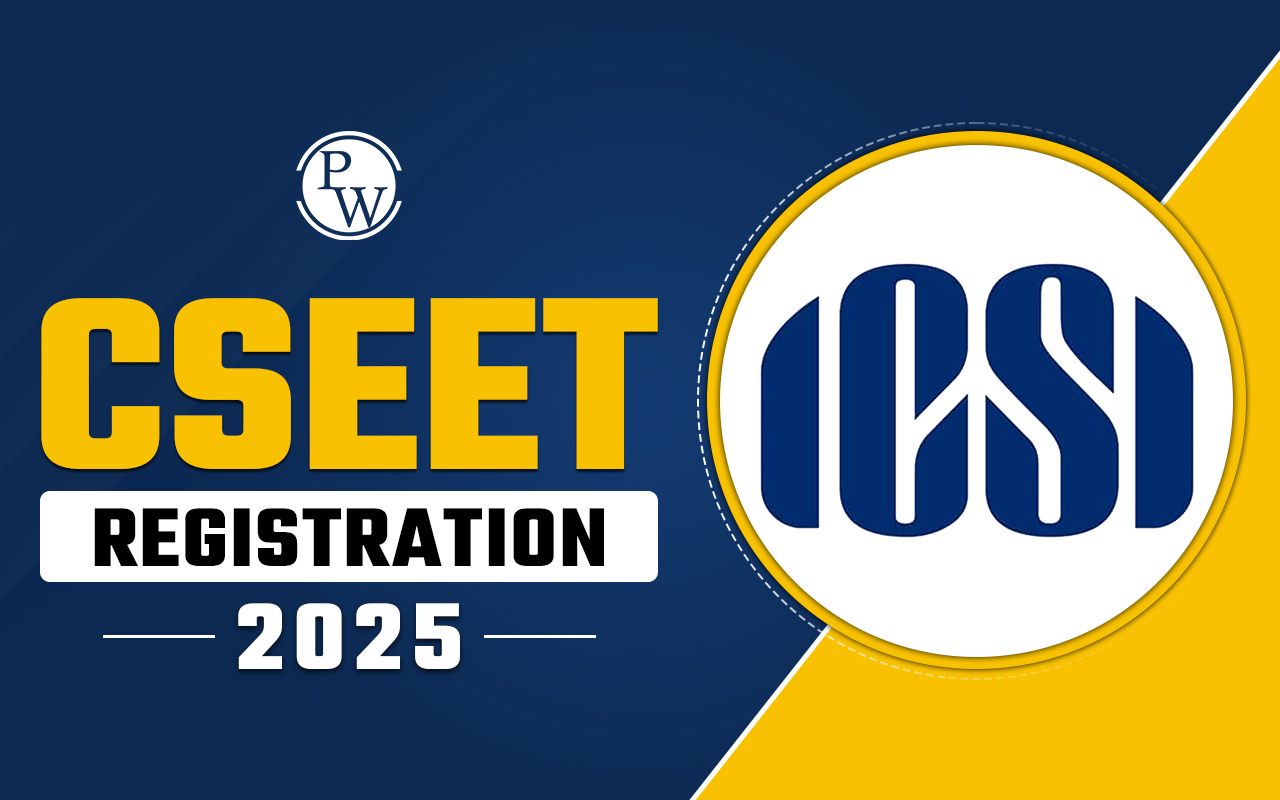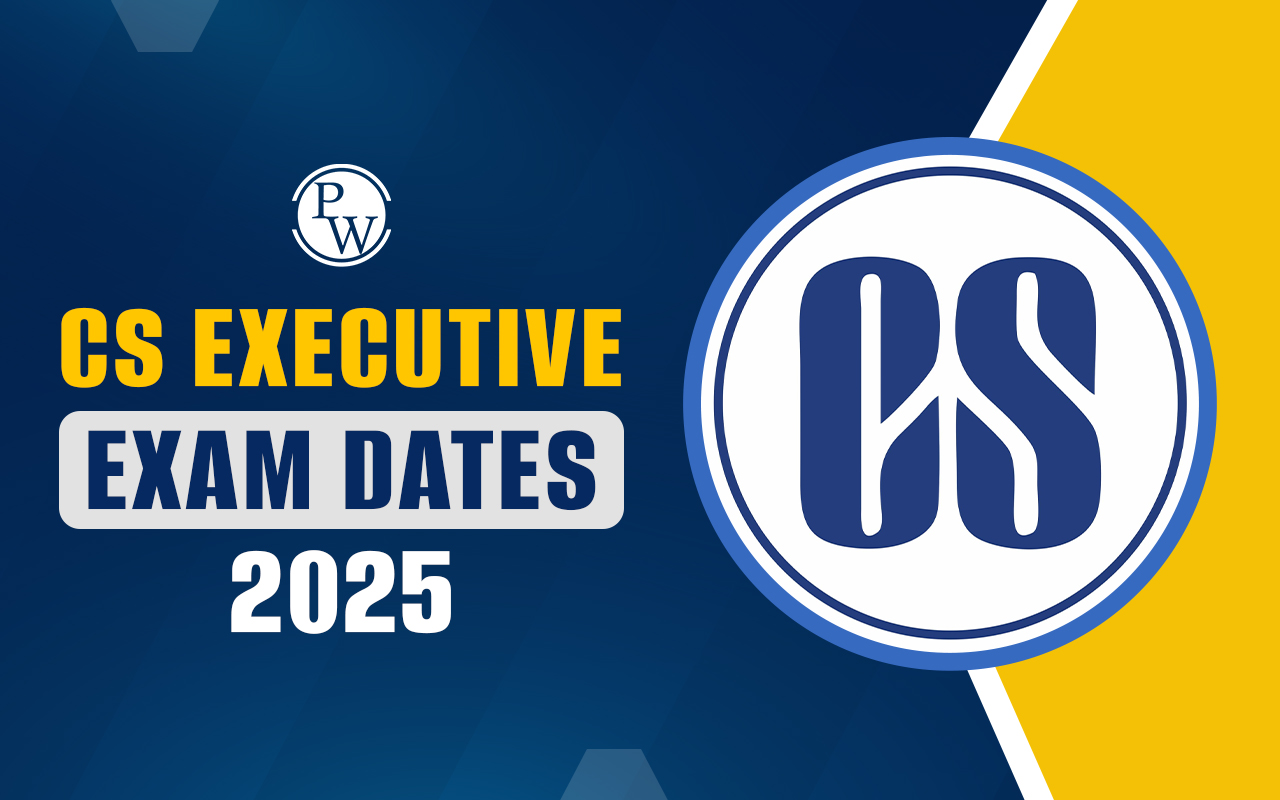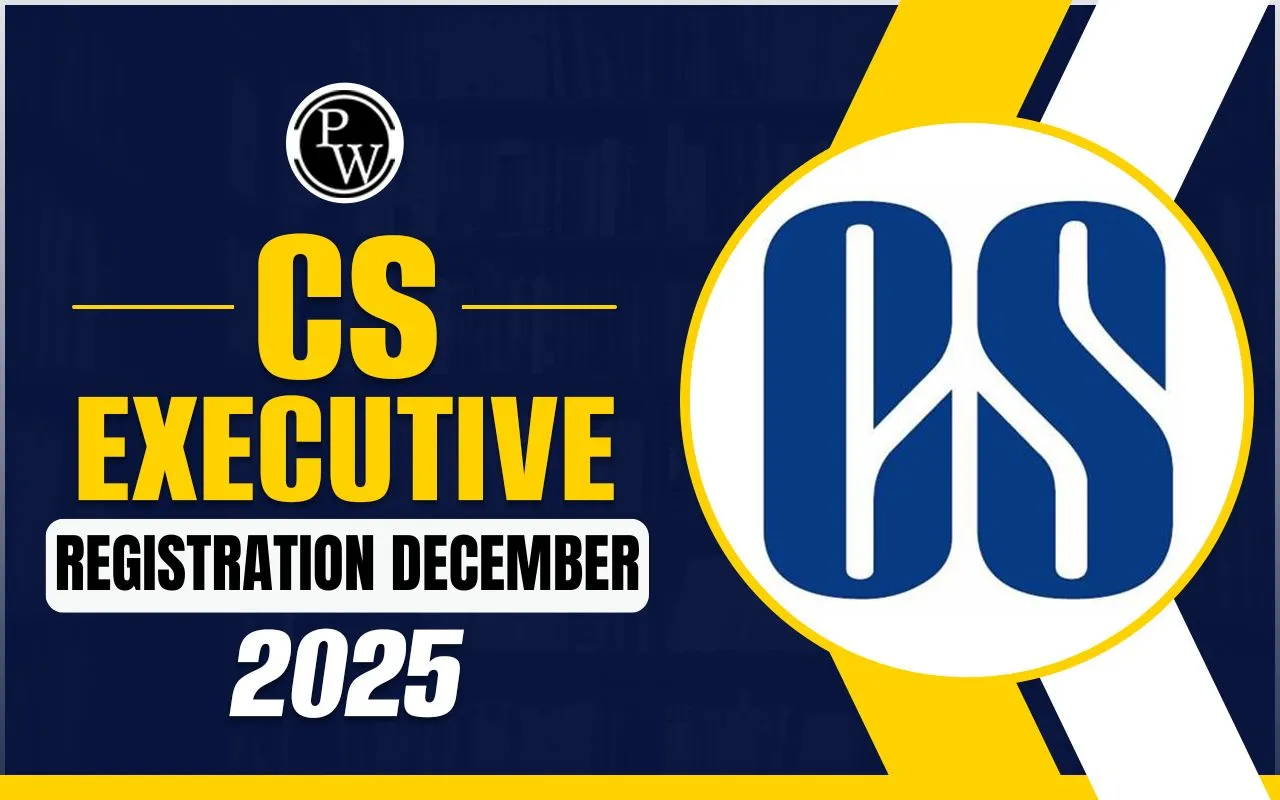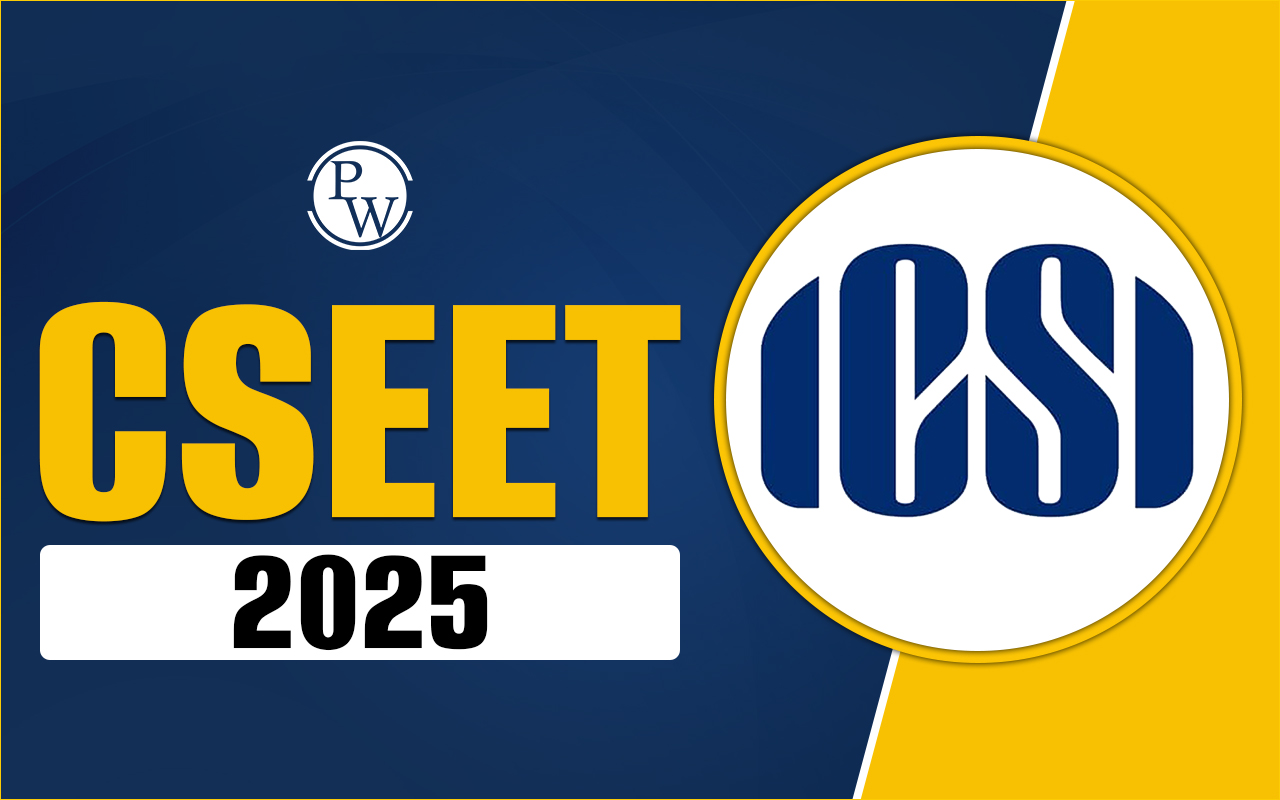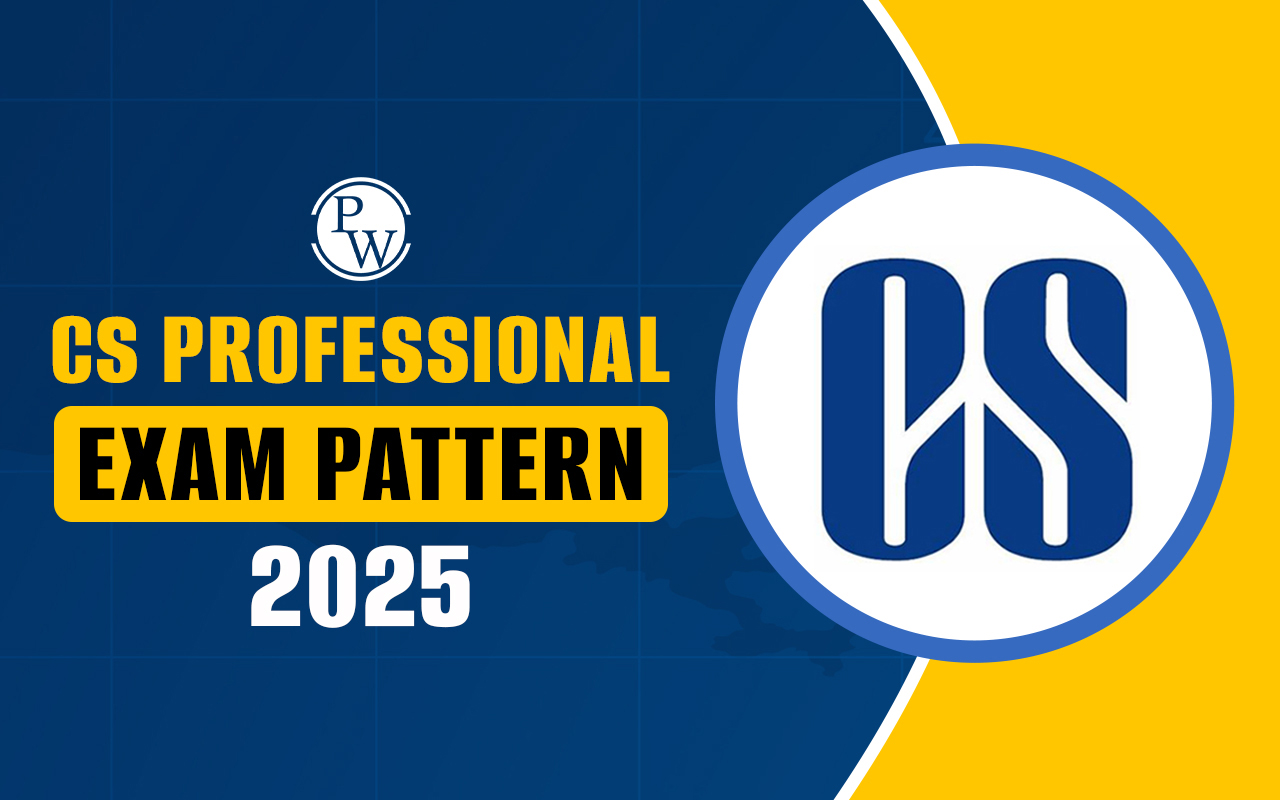
Economic and Business Environment Questions: Preparing for competitive exams like the CSSET July 2025 requires a deep understanding of Economics and Business Environment Questions. These subjects form the backbone of many government and public service examinations, testing candidates on their conceptual clarity and real-world application skills. In a recent Super 40 Session by Mam Kanchan Gupta, students were put through a rigorous set of Economics and Business Environment Questions designed to enhance their analytical reasoning and problem-solving abilities.
This article breaks down key insights from the session, offering a comprehensive guide to mastering Economics and Business Environment Questions for competitive exams. Whether you're preparing for CSSET, UPSC, or other banking and civil service exams, these concepts will help you tackle tricky questions with confidence.
Why Are Economics and Business Environment Questions Crucial?
Competitive exams test a candidate’s ability to apply theoretical knowledge to practical scenarios. Economics and Business Environment Questions cover a broad range of topics, including:
- Microeconomics (Demand-Supply, Elasticity, Market Structures)
- Macroeconomics (GDP, Inflation, Fiscal Policy)
- Business Environment (Entrepreneurship, Government Policies, Global Trends)
- Financial Markets (Banking, Stock Markets, Regulatory Bodies)
These questions evaluate:
Conceptual Clarity: Understanding core principles like equilibrium price or fiscal deficit.
Application Skills: Analysing real-world economic policies (e.g., 1991 Liberalisation).
Current Awareness: Linking static concepts with dynamic business trends (e.g., blockchain in cryptocurrency).
Since Economics and Business Environment Questions often appear in both objective and descriptive formats, a structured approach is necessary for success.
Also Check:
Economic and Business Environment Questions
Below, we’ve mentioned some economic and business environment questions to solve for CSEET exam preparation:
Q1: An example of a factor that must remain unchanged for the law of demand to apply is
a) Number of producers in the market
b) Consumer preferences
c) Cost of production
d) Government revenue
Ans: b) Consumer preference
Q2: An investor buys more shares of a company despite their price rising expecting continued bullish trends. This reflects a violation of the law of demand due to:
a) Giffen behaviour
b) Speculative effect
c) Backward bending supply
d) Diminishing marginal utility
Ans: b) Speculative effect
Q3: At the equilibrium price, which of the following holds true?
a) Supply exceeds demand
b) Demand exceeds supply
c) Shortage exists in the market
d) There is no shortage or surplus
Ans: d) There is no shortage or surplus
Q4: What does it mean if the price elasticity of demand (EP) is 0?
a) Demand is perfectly elastic
b) Demand is perfectly inelastic
c) Demand is unitary elastic
d) Demand is relatively elastic
Ans: b) Demand is perfectly inelastic
Q5: The supply of a good that is highly perishable (like fresh flowers) would likely be:
a) Highly elastic
b) Relatively inelastic
c) Unitary elastic
d) Perfectly elastic
Ans: b) Relatively inelastic
Q6: What is the correct formula for calculating GDP using the Expenditure Method?
a) C + I + G + (X+M)
b) C + I + G - (X+M)
c) C + I + G + (X-M)
d) C + I + G
Ans: c) C + I + G + (X-M)
Q7: If GDP at market price is 10,000 crore, indirect taxes are 1,200 crore, and subsidies are 200 crore, what is GDP at factor cost?
a) 9,000 crore
b) 9,200 crore
c) 9,800 crore
d) 10,200 crore
Ans: a) 9,000 crore
Q8: Which of the following components is a part of GNP but not directly received by any individual?
a) Wages
b) Rent
c) Undistributed corporate profits
d) Dividends
Ans: c) Undistributed corporate profits
Q9: What does the term "net" signify in Net National Product?
a) Inclusion of transfer income
b) Exclusion of depreciation
c) Deduction of subsidies
d) Inclusion of indirect taxes
Ans: b) Exclusion of depreciation
Q10: The difference between total expenditure and total receipts (excluding borrowings) is known as:
a) Revenue Deficit
b) Budget Deficit
c) Fiscal Deficit
d) Primary Deficit
Ans: c) Fiscal Deficit
Q11: Which of the following is not the typically announced in the Union Budget?
a) Foreign Exchange Rates
b) Taxation Proposals
c) Expenditures Allocations
d) Policy Initiatives
Ans: a) Foreign Exchange Rates
Q12: Revenue Expenditure does not include which of the following
a) Pension payments
b) Interest on government borrowings
c) Grants given to state governments
d) Construction of national highways
Ans: d) Construction of national highways
Q13: Which expenditure type is aimed at inclusive growth and socio-economic development?
a) Capital Expenditure
b) Plan Revenue Expenditure
c) Interest Payments
d) Public Borrowings
Ans: b) Plan Revenue Expenditure
Q14: Which technology is the foundation of cryptocurrencies like Bitcoin and Ethereum?
a) Cloud computing
b) Blockchain
c) Artificial Intelligence
d) Interest of things
Ans: b) Blockchain
Q15: Which of the following markets deals with highly liquid, short-term instruments and offers funds for periods ranging from one day to one year?
a) Capital Market
b) Money Market
c) Foreign Exchange Market
d) Credit Market
Ans: b) Money Market
Preparation Tips for Economics and Business Environment Questions
Preparing for the Economics and Business Environment section of CSEET requires a balanced approach that combines strong conceptual understanding with smart application skills. Based on the detailed insights from the Super 40 session conducted by Mam Kanchan Gupta, here are targeted and practical tips to strengthen your preparation in these subjects:
1. Focus on Application-Based Questions
Many questions in Economics and Business Environment are no longer asked directly. Instead, concepts like demand, supply, elasticity, fiscal policy, or types of business environments are presented in a restructured or twisted format. To tackle such questions:
- Practice daily with unseen questions that are not lifted directly from textbooks.
- Analyse how a single concept can be tested in different ways by altering scenarios or question framing.
- Solve questions that require you to apply formulas and definitions in real-world business or economic contexts.
2. Deepen Conceptual Understanding
Rather than memorizing definitions or standard examples, try to understand the 'why' and 'how' behind each topic:
For Economics: Understand how price changes affect demand (elasticity), and what happens in cases of perfectly inelastic or elastic demand.
For Business Environment: Know the meaning and implications of internal and external environment factors, like economic, political, and technological factors.
Regularly ask yourself: "Can I explain this to someone else in simple language?" If not, revisit the concept.
3. Prioritize Important Topics
Based on the Super 40 discussion, certain recurring themes are crucial for success:
Economics: Law of demand, elasticity, market equilibrium, types of goods, GDP calculation (especially expenditure method), monetary and fiscal policies, inflation.
Business Environment: Types of environment (micro vs macro), PESTLE factors, regulatory bodies, types of industries, privatization, liberalization, and globalization.
Keep a topic checklist and revisit the frequently asked or high-weightage chapters more often.
4. Practice Decoding Twisted Questions
One of the most valuable takeaways from the session was learning how to spot keywords and understand question patterns:
- Read each option carefully and eliminate incorrect choices.
- Identify whether the question is testing definitions, logic, formula application, or comparative concepts.
- Highlight key terms like "not", "only", "all", and "except" in questions and focus on their impact.
Mastering Economics and Business Environment Questions requires a mix of theoretical knowledge, practical application, and strategic exam-solving techniques. The Super 40 Session by Mam Kanchan Gupta demonstrated how interactive and analytical learning can significantly boost preparation levels.
By focusing on core economic principles, business environment dynamics, and entrepreneurship trends, aspirants can confidently tackle even the toughest Economics and Business Environment Questions in competitive exams.
For more such insights, download study materials, attempt quizzes, and join live sessions to stay ahead in your exam preparation journey.
Join PW CS Online Courses and build a strong foundation in corporate laws and governance with structured learning and dedicated support.
| Related Links | |
| CSEET | CSEET Registration July 2025 |
| CSEET Exam Date | CSEET Syllabus |
| CSEET Exam Pattern | CSEET Admit Card |
| CSEET Eligibility Criteria | CSEET Preparation |
Economics and Business Environment Questions FAQs
What types of questions are asked in Economics in CSEET?
How should I prepare for Business Environment questions in CSEET?
Are numerical questions asked in the Economics and Business Environment section?
Is current affairs knowledge important for this section?
What is the best strategy to improve accuracy in Economics and Business Environment Questions?


